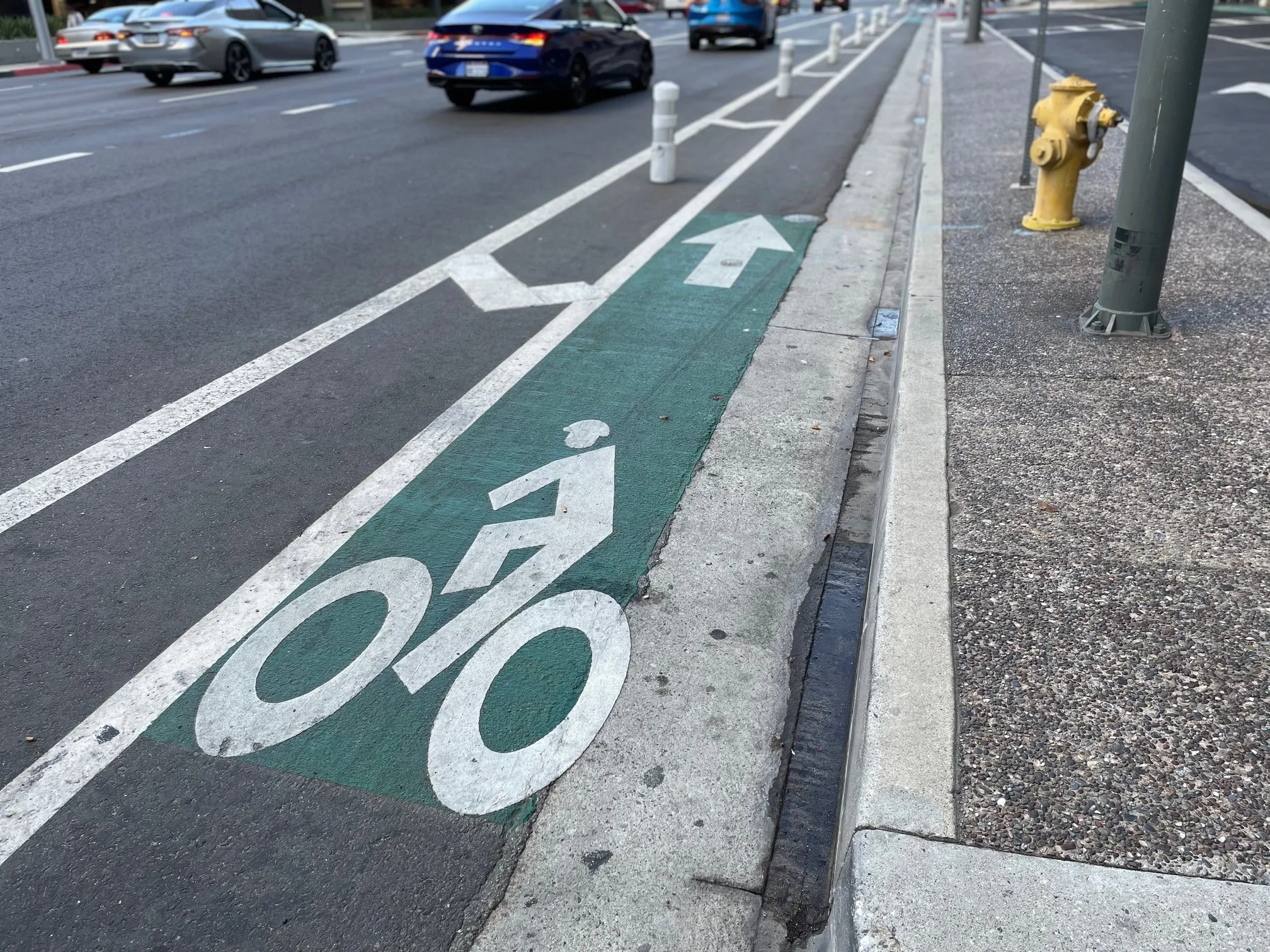Michigan would no longer require a driver to be inside a self-driving car while testing it on public roads, according to Associated Press. The legislation was passed unanimously this week by the state Senate, where backers touted the measures as necessary to keep the US auto industry's home state ahead of the curve on rapidly advancing technology.
The bills, which are on track for final legislative approval by year's end and are supported by Republican Gov. Rick Snyder, would end a requirement that a researcher be present inside an autonomous test vehicle. The researcher would have to ‘promptly’ take control of its movements if necessary or the vehicle would have to be able to stop or slow on its own.
Supporters said the human operator requirement is seen as an impediment that could put Michigan at risk of losing research and development to other states.
Other provisions would let ‘platoons’ of commercial trucks travel closely together at electronically coordinated speeds and help create a facility to test autonomous and wirelessly connected cars at highway speeds at the site of a defunct General Motors plant that once churned out World War II bombers. Also, auto manufacturers would be authorised to run networks of on-demand self-driving vehicles.
The lead sponsor of the legislation, Mike Kowall, said driverless car technology could be as big for Michigan as Henry Ford's creation of the assembly line.
"We're moving into the next century," he said told senators. "With your assistance, we're going to secure Michigan's place ... as the center of the universe for autonomous vehicle studies, research, development and manufacturing."
Michigan is among seven states with laws related to autonomous cars, while Arizona's governor has issued an executive order. Nevada was the first state to authorize self-driving vehicles in 2011, and California, Florida, North Dakota, Tennessee and Utah followed.
Michigan moves to test self-driving cars without driver
Michigan would no longer require a driver to be inside a self-driving car while testing it on public roads, according to Associated Press. The legislation was passed unanimously this week by the state Senate, where backers touted the measures as necessary to keep the US auto industry's home state ahead of the curve on rapidly advancing technology.
September 9, 2016
Read time: 2 mins







